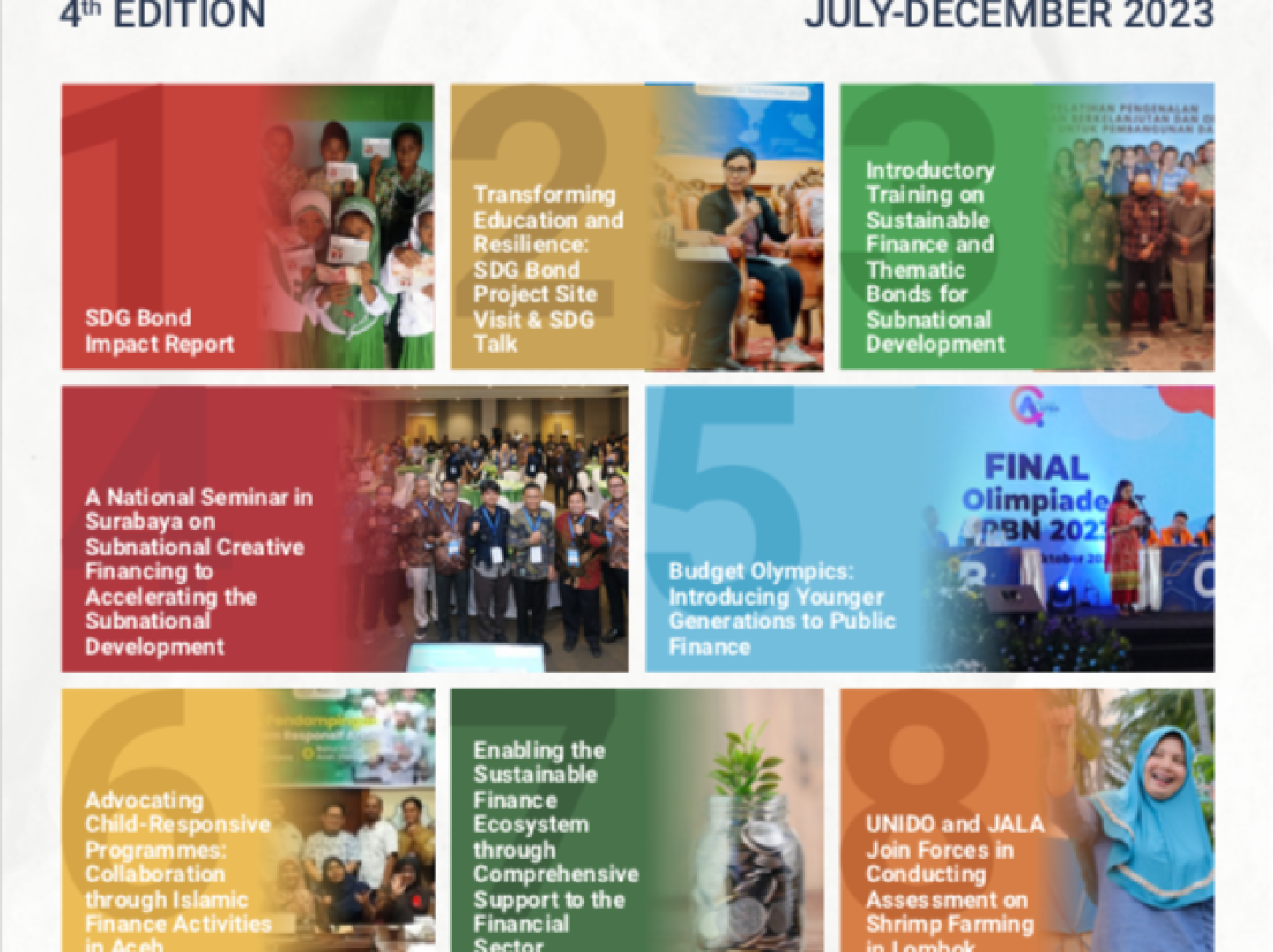World Elder Abuse Awareness Day - 15 June

Background
Origin
World Elder Abuse Awareness Day, designated as 15 June, was initiated by the International Network for the Prevention of Elder Abuse (INPEA) in 2006, and recognised as a United Nations Day by the General Assembly in its resolution A/RES/66/127 adopted in 2011.
The resolution invites all Member States, organizations of the United Nations system and other international and regional organizations, as well as civil society, including non-governmental organizations and individuals to observe this day in an appropriate manner.
A Violation of Older People's Human Rights
According to World Heath Organization, elder abuse can be defined as "a single, or repeated act, or lack of appropriate action, occurring within any relationship, where there is an expectation of trust, which causes harm or distress to an older person." Elder abuse can take various forms such as physical, psychological or emotional, sexual and financial abuse. It can also be the result of intentional or unintentional neglect.
In many parts of the world elder abuse occurs with little recognition or response. Until recently, this serious social problem was hidden from the public view and considered mostly a private matter. Even today, elder abuse continues to be a taboo, mostly underestimated and ignored by societies across the world. Evidence is accumulating, however, to indicate that elder abuse is an important public health and societal problem.
Scope of the problem
A 2017 study based on the best available evidence from 52 studies in 28 countries from diverse regions, including 12 low- and middle-income countries, estimated that, over the past year, 15.7% of people aged 60 years and older were subjected to some form of abuse. This is likely to be an underestimation, as only 1 in 24 cases of elder abuse is reported, in part because older people are often afraid to report cases of abuse to family, friends, or to the authorities. Consequently, any prevalence rates are likely to be underestimated.
Although rigorous data are limited, the study provides pooled prevalence estimates of number of older people affected by different types of abuse:
- psychological abuse: 11.6%
- financial abuse: 6.8%
- neglect: 4.2%
- physical abuse: 2.6%
- sexual abuse: 0.9%
Globally, the number of cases of elder abuse is projected to increase as many countries have rapidly ageing populations whose needs may not be fully met due to resource constraints. It is predicted that by the year 2050, the global population of people aged 60 years and older will more than double, from 900 million in 2015 to about 2 billion, with the vast majority of older people living in low- and middle-income countries. If the proportion of elder abuse victims remains constant, the number of victims will increase rapidly due to population ageing, growing to 320 million victims by 2050.
This part of the article has been published in the United Nations' site in this link: https://www.un.org/en/observances/elder-abuse-awareness-day/background
Addressing Gender-Based Violence in Older Age Policy, Law and Evidence-based Responses
In the context of last year’s commemoration of World Elder Abuse Awareness Day (WEAAD), the World Health Organization in partnership with Department of Economic and Social Affairs (UN DESA), Office of the United Nations High Commissioner for Human Rights (OHCHR), United Nations Population Fund (UNFPA), UN WOMEN and with support from the International Network for the Prevention of Elder Abuse (INPEA), published Tackling abuse of older people: five priorities for the UN Decade of Healthy Ageing 2021–2030. The resource outlined key priorities to prevent and respond to abuse of older persons and, hence, contribute to improving their health, well-being and dignity. This year, the commemoration will provide an update on the implementation of the priorities.
Ahead of the milestone of the 75th anniversary of the Universal Declaration of Human Rights (UDHR), this year’s commemoration of WEAAD will also connect with the year-long campaign to promote and recognise the 75th anniversary. As the month of June of the campaign will focus on showcasing the UDHR by raising awareness on its legacy, relevance and activism as relates to women’s rights, the theme of the 2023 WEAAD commemoration in the United Nations Headquarters in New York is entitled Closing the Circle: Addressing Gender-Based Violence (GBV) in Older Age - Policy, Law and Evidence-based Responses.
Addressing Elder Abuse
Between 2019 and 2030, the number of persons aged 60 years or over is projected to grow by 38%, from 1 billion to 1.4 billion, globally outnumbering youth, and this increase will be the greatest and the most rapid in the developing world, and recognizing that greater attention needs to be paid to the specific challenges affecting older persons, including in the field of human rights.
Elder abuse is a problem that exists in both developing and developed countries yet is typically underreported globally. Prevalence rates or estimates exist only in selected developed countries — ranging from 1% to 10%. Although the extent of elder mistreatment is unknown, its social and moral significance is obvious. As such, it demands a global multifaceted response, one which focuses on protecting the rights of older persons.
Approaches to define, detect and address elder abuse need to be placed within a cultural context and considered along side culturally specific risk factors. For example, in some traditional societies, older widows are subjected to forced marriages while in others, isolated older women are accused of witchcraft. From a health and social perspectives, unless both primary health care and social service sectors are well equipped to identify and deal with the problem, elder abuse will continue to be underdiagnosed and overlooked.
Age-friendly cities benefit everyone
Age-friendly cities benefit everyone. Everyone, and especially older people, including migrants and refugees living in communities outside their own, can benefit from approaches that target the challenges in creating enabling environments for all to live and thrive.
This part of the article has been published in the United Nations' site in this link: https://www.un.org/en/observances/elder-abuse-awareness-day







